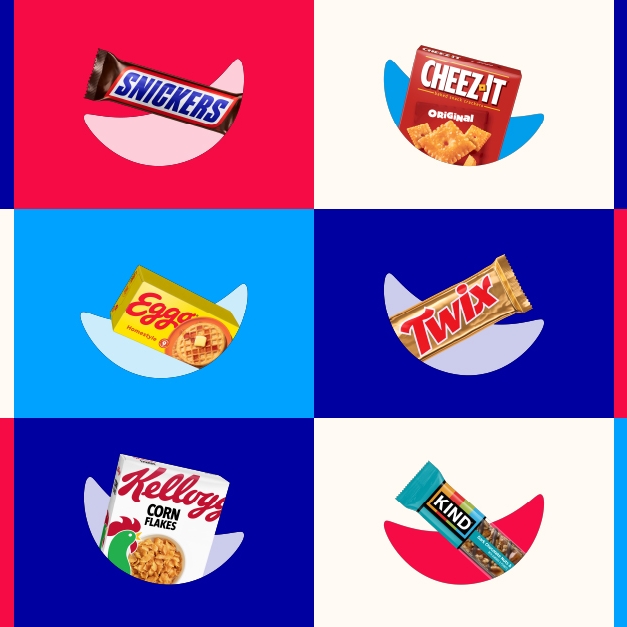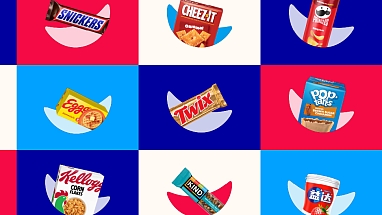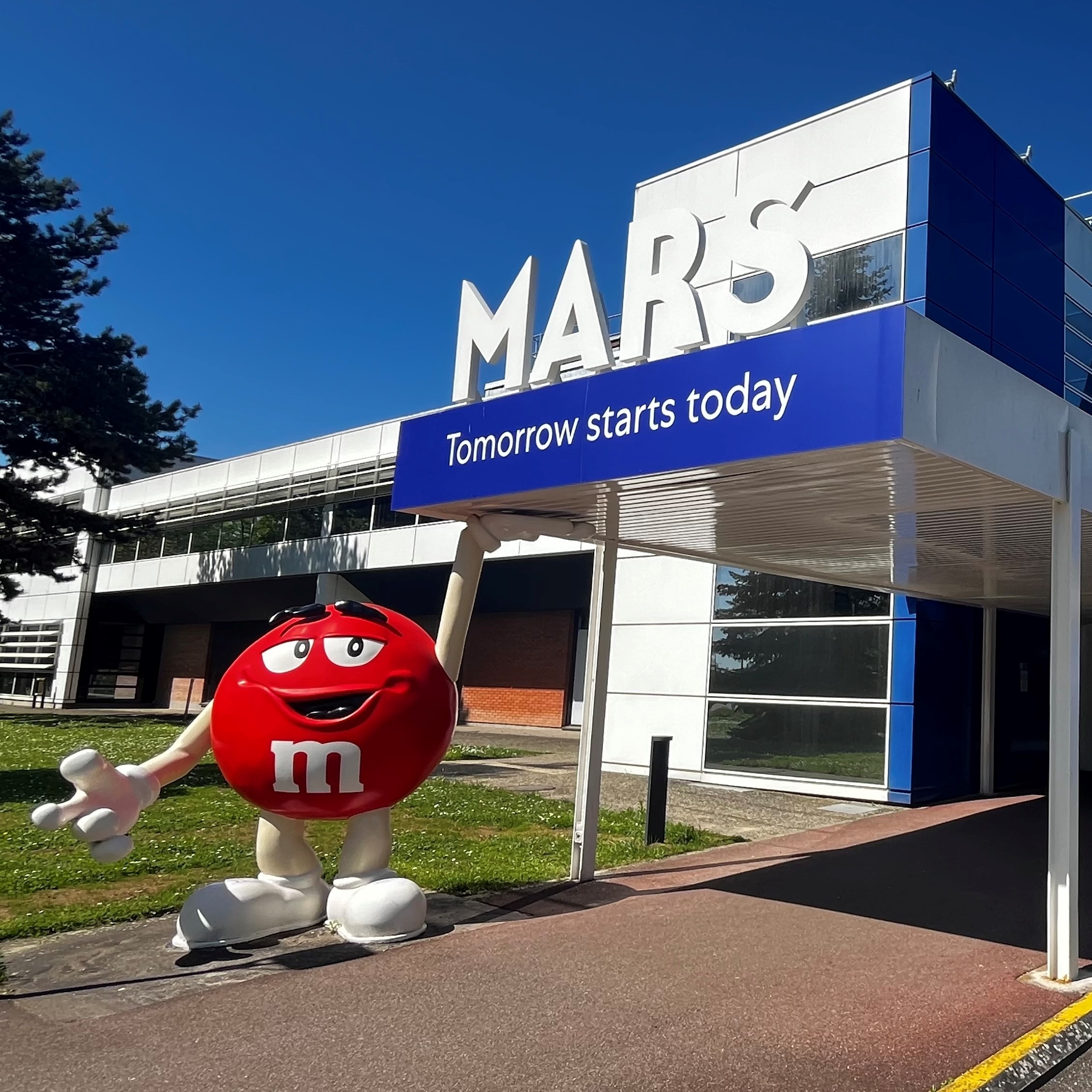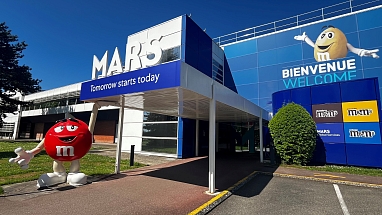By Dr. Abigail Stevenson, Mars Chief Science Officer
When you think of Mars, you probably think about tasty treats, yummy snacks, and maybe even meals and care for your precious pet. What probably doesn’t spring to mind: things like researchers studying biomarkers of health in people and pets, or producing scientific publications in food safety. But everything we do at Mars is deeply rooted in science, from innovating new products to helping find solutions for pet health and global issues like reducing packaging waste.
As Chief Science Officer at Mars, part of my role is to champion our involvement in global, cutting-edge science discovery, including the numerous scientific research projects we’ve conducted over the years. That includes projects in our own facilities and those we’ve conducted externally with research partners and collaborators at leading scientific institutions. Every research project we participate in — whether conducted internally, externally, or through provision of in-kind support, such as providing samples or technical expertise — is conducted to further scientific understanding with the goal of improving the lives of people, pets and the planet. We share the responsibility for helping to address some of the most significant challenges in society today. Whether looking at food safety and supply chain resilience, sustainable agriculture, or food and health, progressing scientific knowledge is key to finding new solutions.
Our approach to science
We believe scientific research and engagement activities are most successful when they’re based on consistent and clear standards of conduct, quality, credibility and integrity. I am so proud of the standards we have defined to govern our research and engagement programs. We approach all scientific research with transparency, trust and respect. In short, we are committed to publishing the results of our research even if the results aren’t what we’d expected. That’s part of what makes science exciting — testing and learning through research and innovation, seeking out answers to key questions. Here are a few research initiatives we’ve been part of over the years:
COSMOS trial
Our research on cocoa flavanols goes back more than two decades, and this long-term commitment has enabled us to support the COcoa Supplement and Multivitamin Outcomes Study (COSMOS) through investigator-initiated unrestricted grants, along with providing the cocoa flavanol and placebo test materials used in the trial. COSMOS was initiated and conducted by Brigham and Women’s Hospital, part of Harvard Medical School. In March 2022, The American Journal of Clinical Nutrition published the first results of the COSMOS trial, which demonstrated that cocoa flavanols show promise for reducing cardiovascular risk.
Additionally, part of our approach to science and innovation is supporting public-private research partnerships and co-authoring key research papers and conference proceedings. For example, Dr. Javier Ottaviani, a research Associate at Mars Edge, recently co-authored a paper on how Flava-3-nols interact with methylxanthines(Opens a new window).
MARS PETCARE BIOBANK™
Mars Petcare recently announced a partnership with the Broad Institute of MIT and Harvard, a world leader in the genetic and molecular analysis of diseases, to create one of the largest open access cat and dog genome databases in the world. Genomes from 10,000 dogs and 10,000 cats enrolled in the MARS PETCARE BIOBANK(Opens a new window) initiative will be sequenced over the next 10 years, and insights from the open access database can help advance individualized pet health care for future generations of dogs and cats. Plus, the full genome sequence and variant data of the 20,000 pets will be made publicly available via the National Center for Biotechnology Information (NCBI) Sequence Read Archive, enabling scientific investigation across a range of areas, such as in-depth dog- and cat-breed ancestry, new genetic mutations specific to certain dog and cat breeds and how they link to diseases, as well as pets' aging process.
Mars Advanced Research Institute
Established in 2013, the Mars Advanced Research Institute (MARI)(Opens a new window) explores emerging science and technology seeking to spark discoveries with the potential to reinvent the Mars businesses. Comprised of experts in a range of science disciplines, including computational science; flavor and sensomics; health and nutrition sciences; materials science; and plant science; our experts are exploring new frontiers of science, developing networks and partnerships that together bring transformational opportunities to life that have opened up new possibilities for Mars and the food industry as a whole.
For example, MARI collaborated with Mars Wrigley and the University of California, Davis to patent and publish a decade of research on the discovery of a new type of naturally occurring blue pigment found in red cabbage. With increasing demand from consumers for natural ingredients, the industry has faced a long-standing challenge to find a natural blue alternative — a color notoriously difficult to reproduce and replace. This is a great example of scientific research built on the power of collaboration!
Mycotoxin risk management
Mars is also home to the Mars Global Food Safety Center (GFSC), a state-of-the-art research and training facility that generates science and technology insights that aim to raise the bar on food safety. One key example is our ongoing research into mycotoxins — toxic compounds naturally produced by certain types of mold. Aflatoxins, a group of mycotoxins, pose a serious threat to human and animal health, causing an estimated one-third of liver cancers in humans globally. In fact, each year around 4.5 billion people are exposed to these deadly toxins, which are known to contaminate around 25 percent of the world crop area. Our scientists work to prevent aflatoxin contamination at the source, including developing robust detection methods and early intervention mechanisms. A key example here is our work as part of the Food Safety Coalition. Co-founded by Mars, this coalition brought together world-leading experts from like-minded organizations to explore new insights and share practical steps to reduce aflatoxin contamination, including exploring the best practices for sampling and testing, risk management, and knowledge sharing through training and education. By reducing aflatoxin contamination in the supply chain, we can help protect crops and keep people safe, and also reduces food waste which benefits the planet by lowering greenhouse gas emissions.
As one of the world’s largest food companies, we take our responsibility for helping address some of the most critical challenges facing society and our global food supply chains very seriously. We’re dedicated to being a leader through the science conducted at our global research centers, our collaborative approach to research, and our commitment to driving both science application and knowledge sharing through scientific publications. We are, in short, committed to working together to create the world we want tomorrow through the science we do today.















